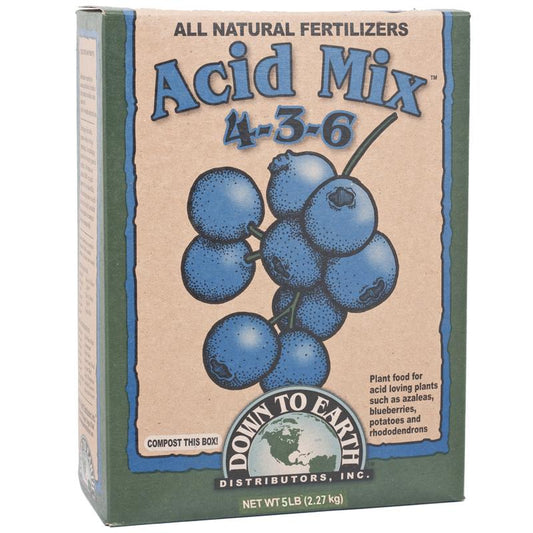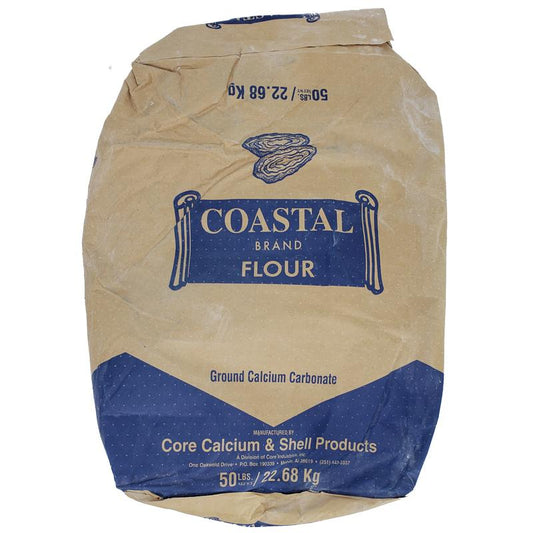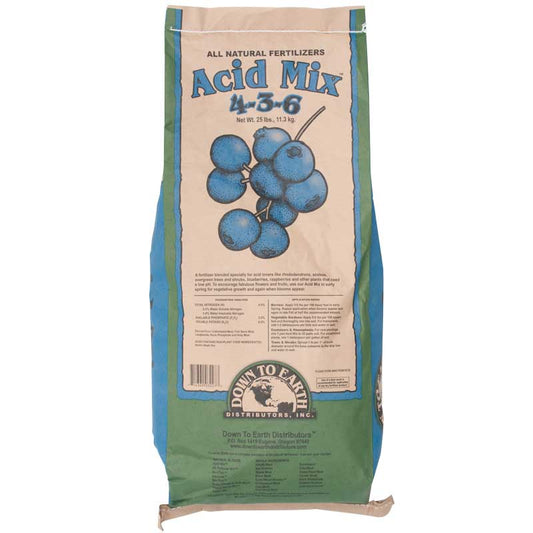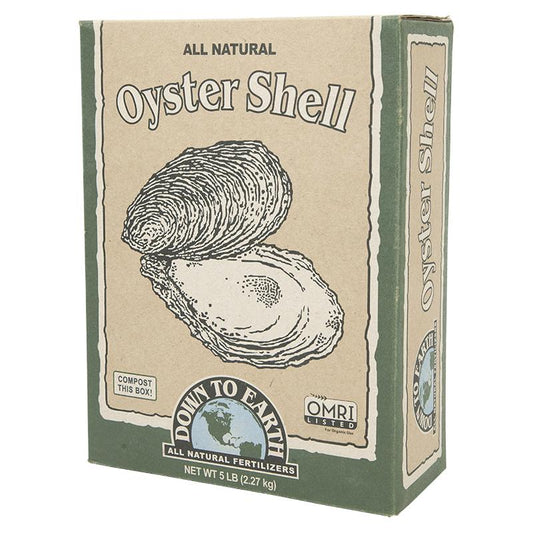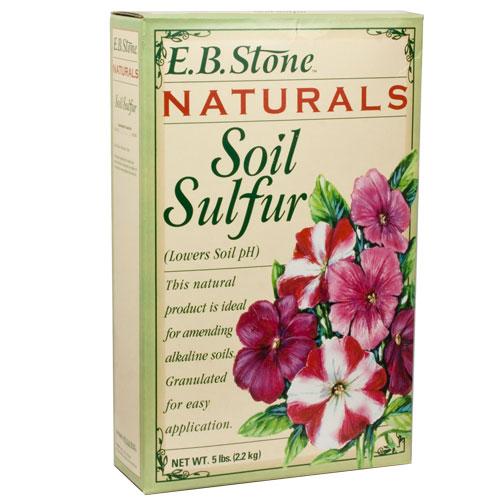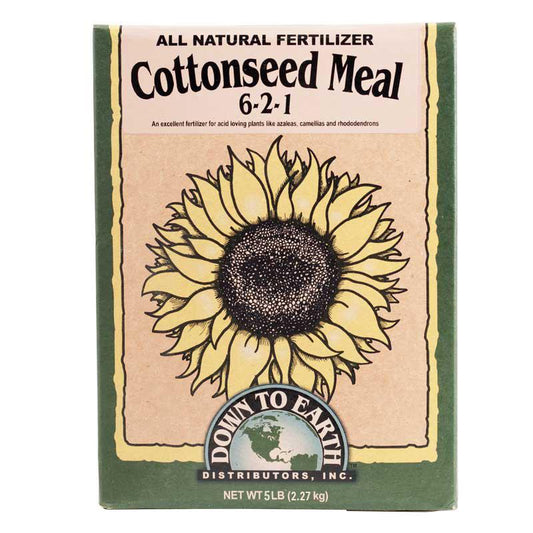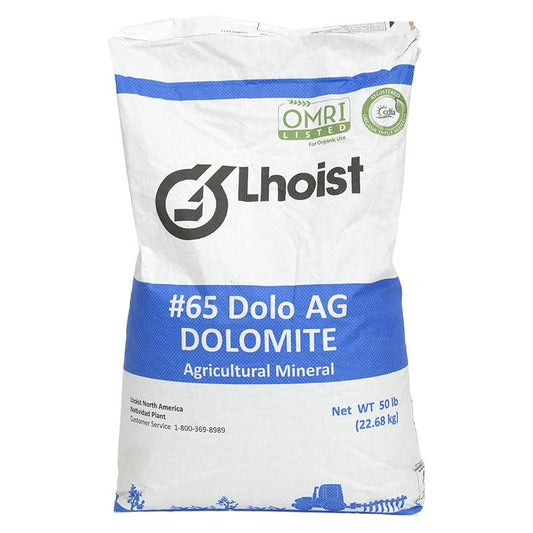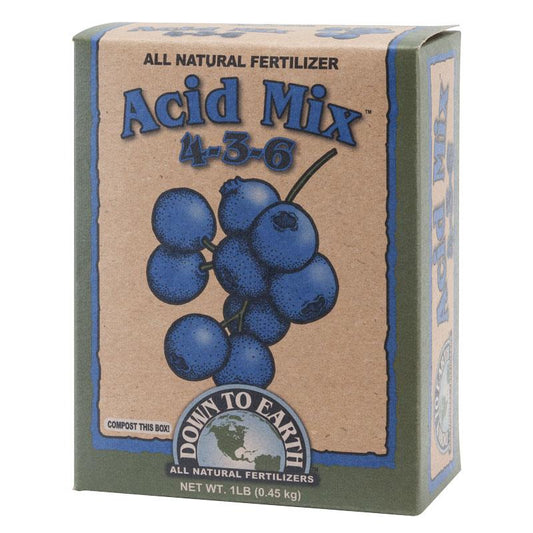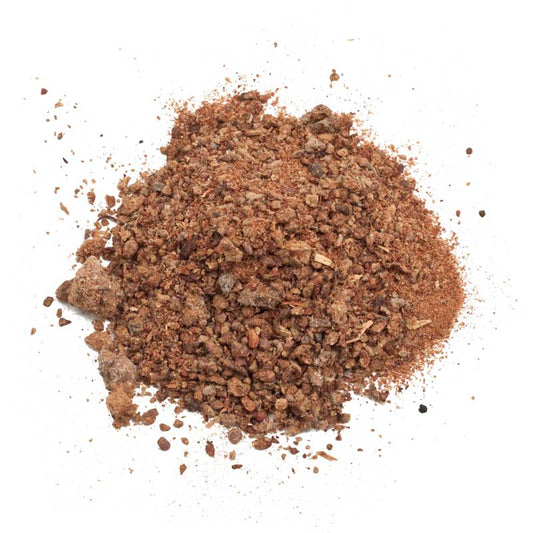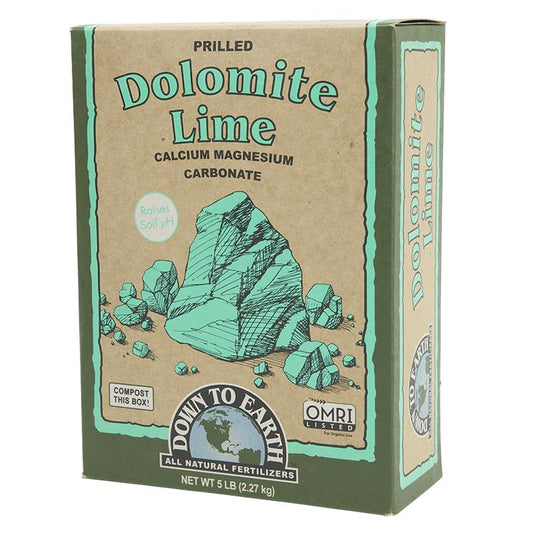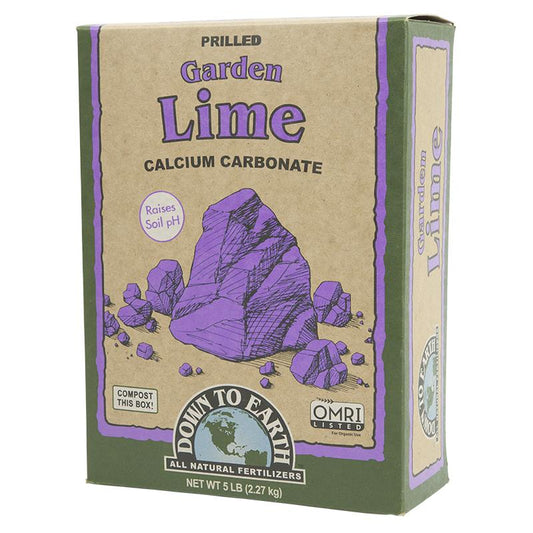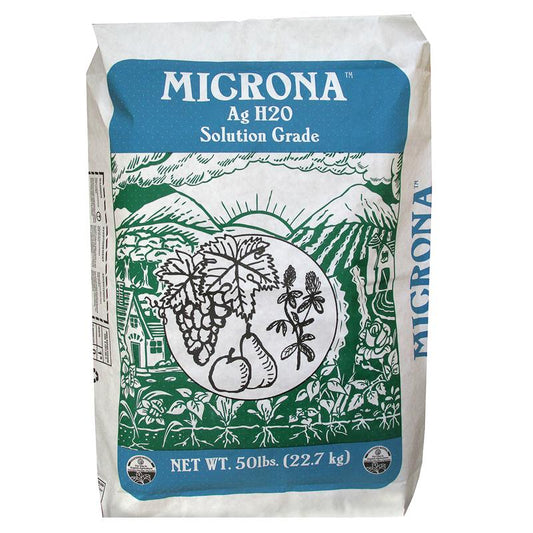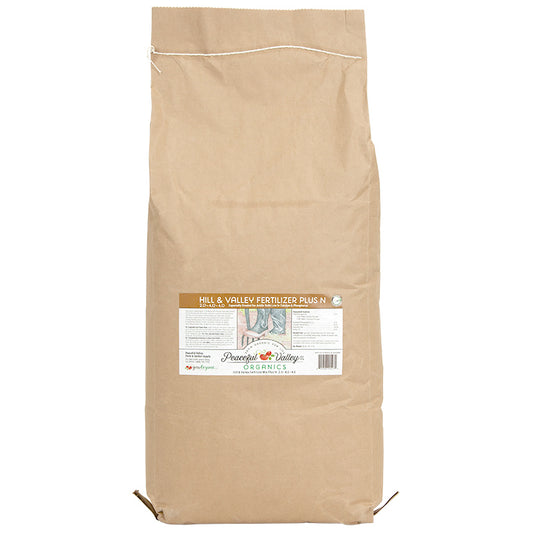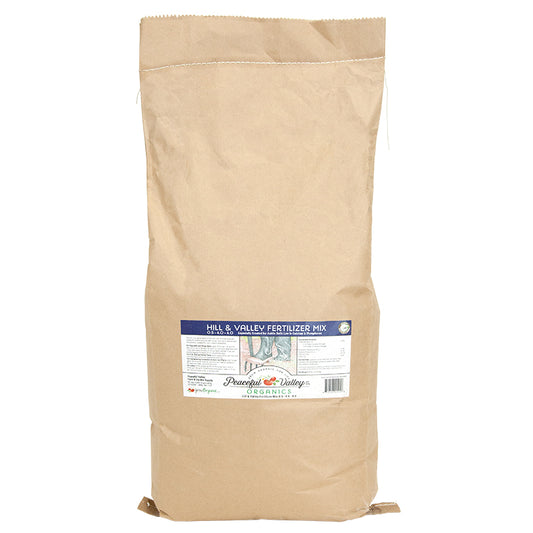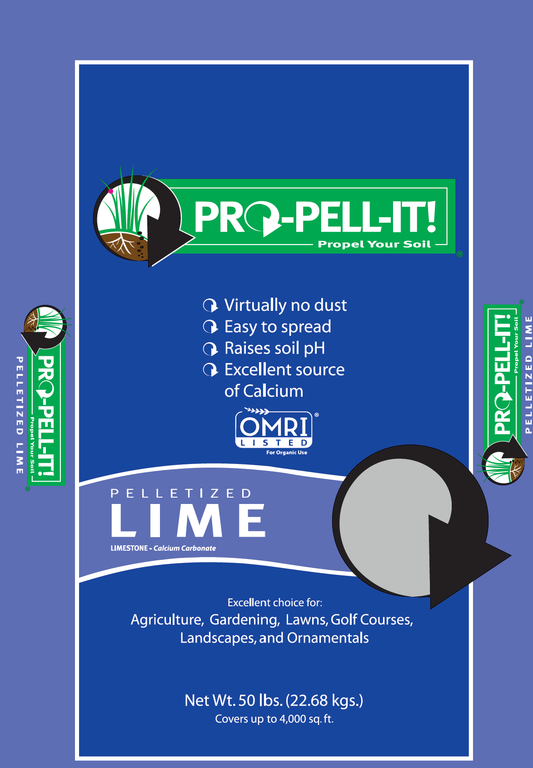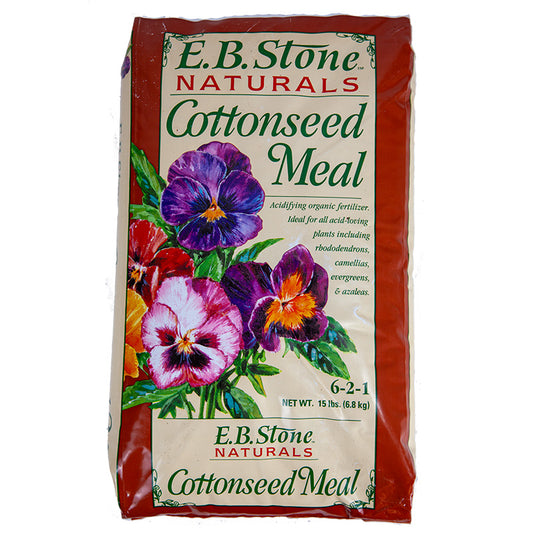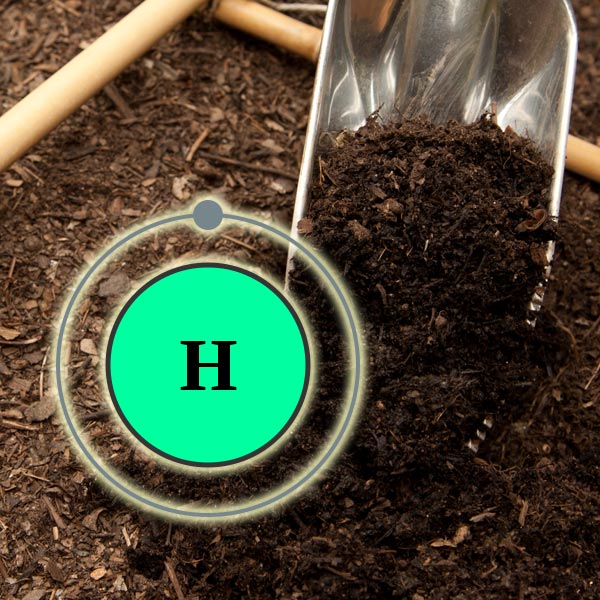
Introduction to pH-Correcting Fertilizers
pH-correcting fertilizers are essential tools for gardeners and farmers looking to optimize the health and productivity of their plants. These specialized fertilizers play a crucial role in maintaining the ideal pH level in the soil, ensuring that essential nutrients are readily available to plants for absorption.
Understanding Soil pH
Before delving into pH-correcting fertilizers, it's essential to understand soil pH and its significance in plant growth. Soil pH measures the acidity or alkalinity of the soil and is typically measured on a scale from 0 to 14, with 7 being neutral. Most plants thrive in slightly acidic to neutral soil, with a pH range of 6 to 7.5. Soil pH influences nutrient availability, microbial activity, and overall plant health. When soil pH is too high (alkaline) or too low (acidic), essential nutrients become less available to plants, leading to stunted growth and nutrient deficiencies.
Benefits of pH-Correcting Fertilizers
pH-correcting fertilizers offer numerous advantages for gardeners and farmers:
-
Balancing Soil pH: These fertilizers help bring the soil's pH into the optimal range for plant growth. They can raise pH in acidic soils or lower it in alkaline soils, ensuring that plants can access the necessary nutrients.
-
Enhanced Nutrient Uptake: Maintaining the right pH level in the soil ensures that essential nutrients like nitrogen, phosphorus, and potassium are readily available to plants. This results in improved nutrient uptake and overall plant health.
-
Increased Microbial Activity: pH-correcting fertilizers can also promote beneficial microbial activity in the soil. These microbes are vital in breaking down organic matter and making nutrients more accessible to plants.
-
Improved Crop Yields: By optimizing soil pH, these fertilizers can lead to increased crop yields and healthier, more robust plants. This can be particularly beneficial for farmers looking to maximize their harvests.
Types of pH-Correcting Fertilizers
There are several types of pH-correcting fertilizers available, each tailored to specific soil conditions:
-
Lime: Lime is commonly used to raise soil pH in acidic soils. It is available in different forms, such as agricultural lime and dolomitic lime, which also provides magnesium. Lime works gradually over time, so it is essential to test soil pH periodically to determine the necessary application rate.
-
Sulfur: Sulfur is used to lower soil pH in alkaline soils. It helps to release sulfuric acid, which gradually acidifies the soil. Sulfur is available in various forms, including elemental sulfur and gypsum, and is an excellent choice for those looking to make their soil more acidic.
-
Peat Moss: Peat moss is an organic pH-correcting material often used to lower soil pH. It also improves soil structure and moisture retention, making it an excellent choice for acid-loving plants like blueberries and azaleas.
-
pH-Adjusting Fertilizer Blends: Some fertilizers are specifically formulated to correct pH while providing essential nutrients. These blends are convenient for gardeners and farmers looking for an all-in-one solution.
Application Guidelines
When using pH-correcting fertilizers, following recommended application guidelines is essential to achieve the best results. Factors such as soil type, current pH levels, and the specific fertilizer used can influence application rates and timing. Soil testing is crucial to determine the precise needs of your garden or farm.
In Summary
pH-correcting fertilizers are valuable tools for gardeners and farmers seeking to optimize their soil's pH levels and improve plant health. By balancing soil pH, these fertilizers ensure that essential nutrients are readily available to plants, leading to increased yields and healthier crops. Whether you need to raise or lower soil pH, various options are available to suit your specific needs. Proper application and regular soil testing are key to achieving the best results and maintaining a thriving garden or farm.
For more information about all of our fertilizer for sale, click here.
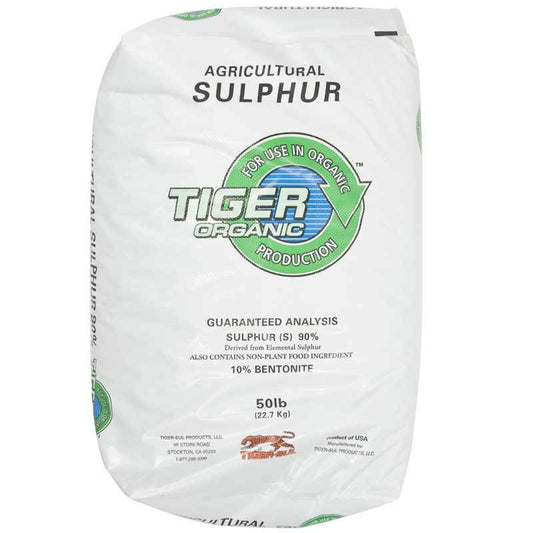 Sold out
Sold out

